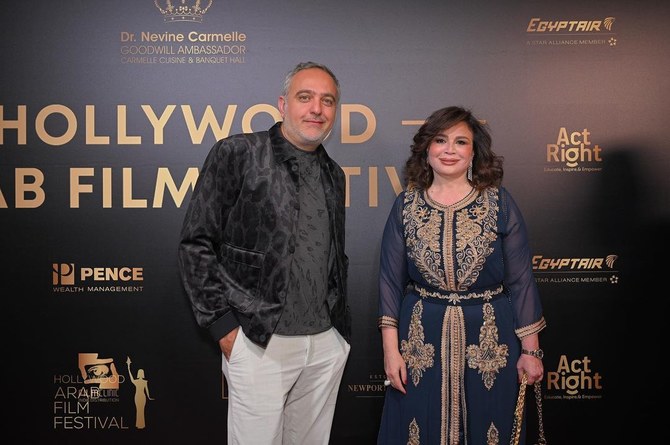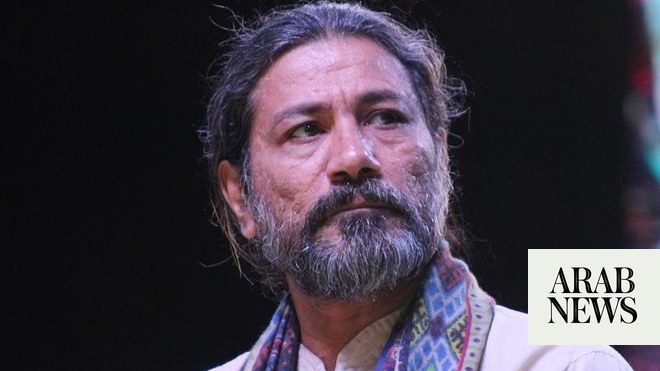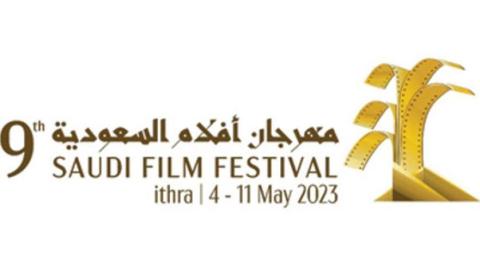
The Arab Film Festival Berlin (ALFILM) strides into its ninth edition this month with a line-up that leans heavily on hard-hitting documentaries, alongside gritty social dramas and short films.
The festival opens on April 11 with drama “Beauty and the Dogs,” from Tunisia’s Kaouther Ben Hania — one of two Arab auteurs represented in the 2017 Cannes Film Festival’s official selection. Other highlights include the comedic “Wajib,” a UAE co-production about a Palestinian expat who makes the journey home from Rome to Nazareth to hand out invites to his sister’s wedding.
Nine of the 14 features in ALFILM’s official selection are documentaries, and politics is rarely far from the frame. “Happily Ever After” portrays the insecurity of a generation of young Egyptians coming of age amid the era’s political turmoil, while celebrated Syrian Civil War documentaries “My Paradise” and “Memory in Khaki” also feature. Elsewhere, “17” follows teenagers from the Jordanian football team preparing for the 2016 FIFA U-17 Women"s World Cup, hosted in Jordan, while the UAE co-production “Taste of Cement” documents the conditions of Syrian construction workers in Lebanon.
“As a large part of audiences" interest is focused on political turmoil in the region, or issues like living conditions in different areas, the documentaries of our program offer insight through a cinematic language that caters to both the mind and the heart,” said head of program Claudia Jubeh. “So the question of social justice and labor is quite present in this year"s selection — which I think is the Arab contribution to global questions.”
As well as contemporary fare, classic and overlooked pictures will be dusted off for the Spotlight selection, which tackles the theme “Reflections on Arab Masculinities” and is framed by two films from Algerian director Merzak Allouache: his 1977 classic “Omar Gatlato” and chilling companion piece “Madame Courage” (2015), while the section opens with the boundary probing 2017 Lebanese documentary “Room for a Man.”
With more than 20 screenings over eight days and four cinemas, ALFILM offers prescient portraits of both the Arab world and its global diaspora. However, GCC-based observers may be disappointed with a lack of local voices, despite the rapid progress of the Gulf’s filmmakers.
“The GCC is underrepresented in terms of quantity if you compare it to Lebanon or Egypt,” Jubeh said. “Other than that, there is surely a question of quality, as cinema and cinematic infrastructure in the region is still underdeveloped. There are also rarely films that tackle difficult or provocative social, economic and personal subjects.”
Visit www.alfilm.de/en for more details












